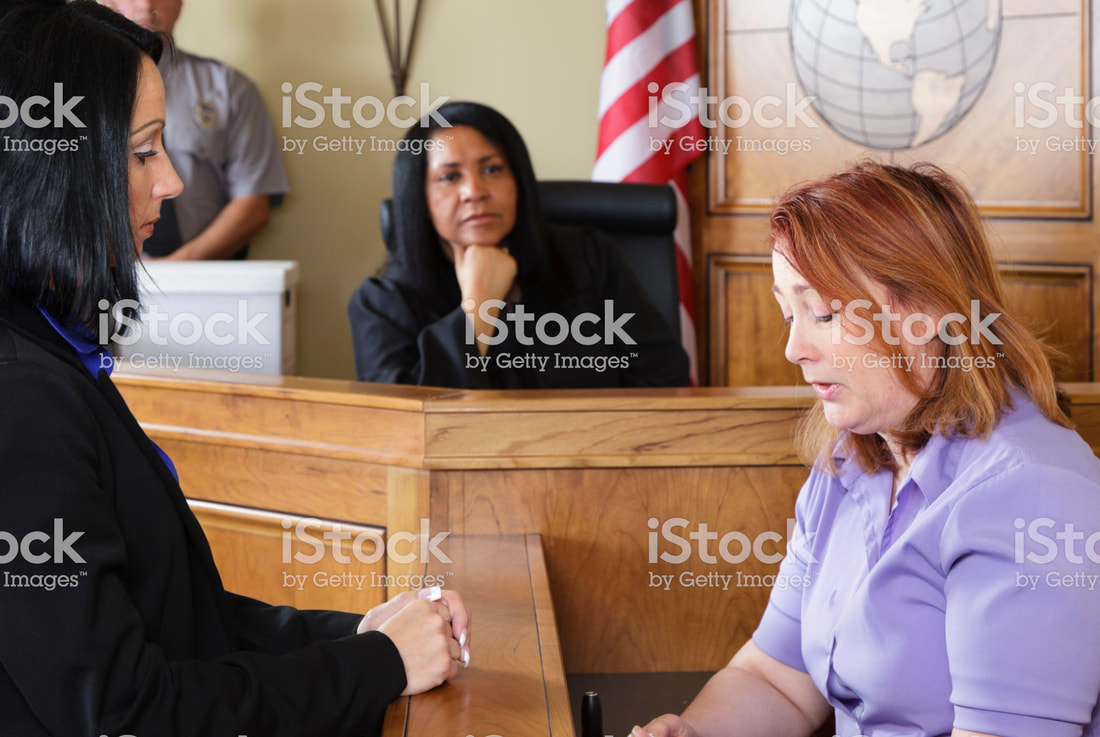|
Re-victimization, also known as "secondary victimization" is the damage that a victim suffers through the response of institutions and individuals when they don't recognize the abuse or treat the victim in a disrespectful manner.
Disclosing sexual abuse can be very painful when family members respond in ways that add new pain to old wounds When victims do not receive the appropriate support and intervention in the aftermath of a crime, they suffer “secondary” injuries. |
Victims can suffer re-victimization through family, friends, police, societal attitudes, health care workers, the media, and the criminal justice system. Many times these secondary injuries are as painful and strong as the criminal act itself.
A lack of adequate support can be damaging to the victim’s self worth and recovery process. Healing from past abuse is more difficult when one is emotionally injured again in the present. |
Some examples of re-victimization:
- Accusations of lying, exaggerating or having false memories. - Victim-blaming and shame are common tools to keep the victim quiet. - Pressuring survivors to “move on” is another way that people do to avoid addressing the abuse. - Some families leave survivors out of family events and social gatherings (because they make the family uncomfortable) even while their abusers are included. https://psychcentral.com/lib/7-ways-family-members-re-victimize-sexual-abuse-survivors/ |
"Staying neutral when one person has inflicted damage on another is choosing to be passive in the face of wrongdoing"
If it has happened to you
|
- Find a trusted person to talk with about how you feel and what you are going through. Keep the phone number of a good friend nearby to call when you feel overwhelmed or feel panicked.
- Allow yourself to feel the pain. It will not last forever. - Take care of your mind and body. Rest, sleep, and eat regular, healthy meals. - Re-establish a normal routine as soon as possible, but don’t over-do. - Make daily decisions, which will help to bring back a feeling of control over your life. https://www.fbi.gov/resources/victim-services/coping-with-victimization |
Be careful about using alcohol or drugs to relieve emotional pain, they only cause more problems.
Avoid making life changing decisions, take one tiny step at the time.
Don’t blame yourself—it wasn’t your fault. Be gentle with yourself.
Your emotions need to be expressed. Talk to someone about how you feel.
Avoid making life changing decisions, take one tiny step at the time.
Don’t blame yourself—it wasn’t your fault. Be gentle with yourself.
Your emotions need to be expressed. Talk to someone about how you feel.
For some victims and families of victims, life is forever changed. But that doesn't have to be something negative; many survivors re-evaluate the importance of certain things in their lives and find new meanings and a fresh purpose to live. It is always important to remember that emotions are not endless, and that whatever feels strong and overwhelming now, soon it will ease. Life can be good again.




